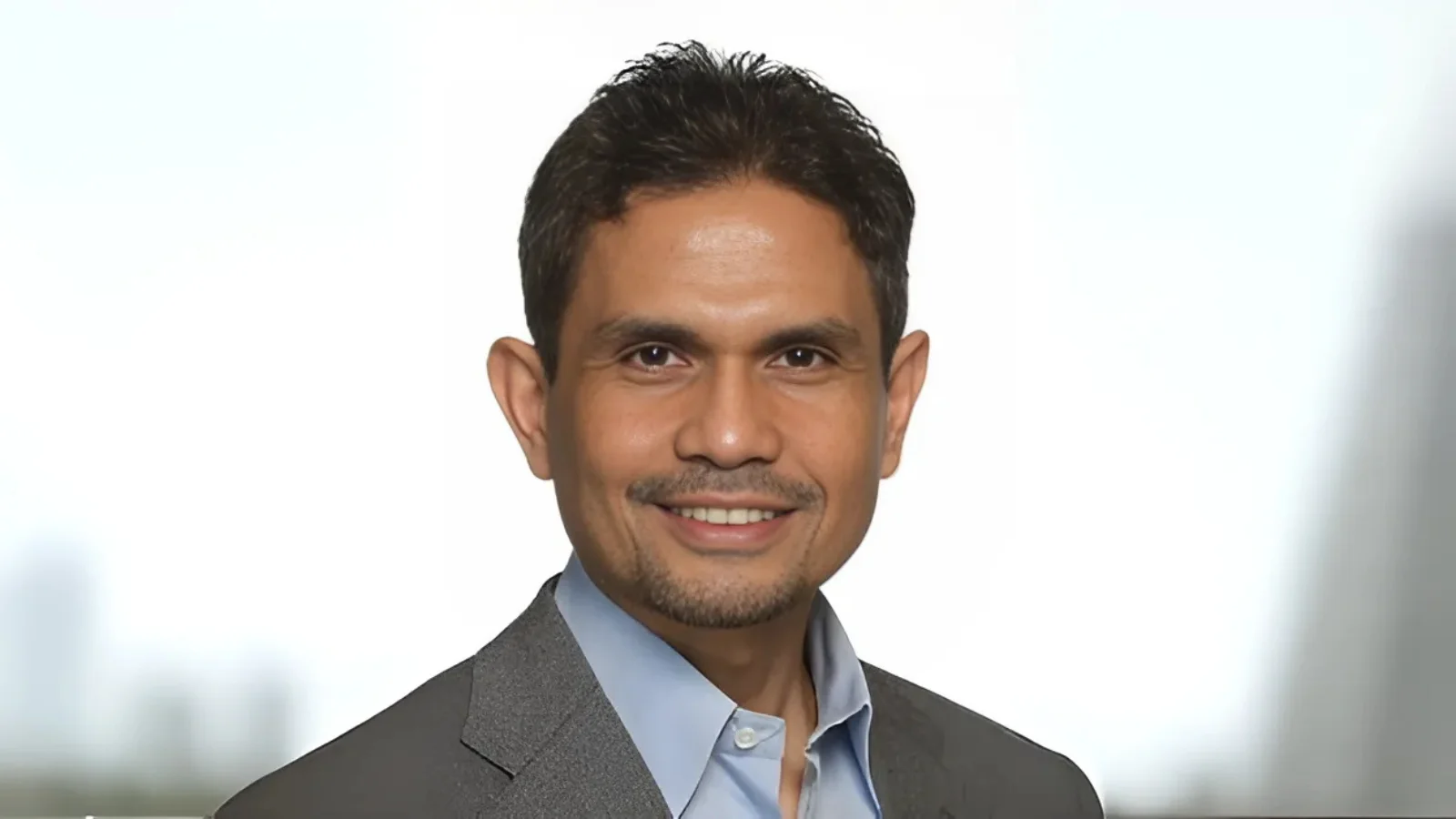Illinois Institute of Technology Professor Yuri Mansury has conducted research in Indonesia, focusing on agricultural practices among rural communities in Java. Supported by a Fulbright Scholar Award, Mansury’s work centers on understanding why Javanese farmers continue to use slash-and-burn methods and exploring ways to encourage more sustainable farming.
Mansury, who was born and raised in Indonesia before moving to the United States, described his motivation for the project as personal. “I’m ethnically Indonesian. I was born and raised in Indonesia,” says Mansury. “I got my bachelor’s in engineering in Indonesia. But when I got my degree, I decided that I wanted to do something different….I became obsessed with the problem of poverty in Indonesia. I decided what I wanted to do is find solutions to help solve the poverty problem among my countrypeople.”
He noted that most research on deforestation has focused on islands such as Borneo and Sumatra, while Java—home to over half of Indonesia’s population—has often been overlooked.
During a pilot study in 2023, Mansury visited some of Java’s most rural areas. He observed widespread poverty, stating, “Half of the population in that area still live below the poverty line,” says Mansury. “We know that poverty contributes in important ways to deforestation. People don’t have a choice except to go into the forest and do the best they can.”
In 2024, he returned for six months of fieldwork split between Jakarta—where he worked at Universitas Pertamina—and remote villages near forests. He explained his experience: “Every day was different,” Mansury says of his time in the field. “In March, it was Ramadan, the fasting month in Indonesia. It was precisely during that time when I conducted face-to-face interviews. I was always introduced as an American scholar—I definitely felt very privileged to have the opportunity to talk to them.”
Mansury managed surveys and interviews across 10 villages but faced difficulties reaching other towns due to poor infrastructure—a challenge also faced by local farmers trying to adopt new practices.
His findings highlight significant obstacles for rural farmers: many live on about $1 per day and rely on slash-and-burn techniques because they are quick and require little investment or skill. Sustainable alternatives like organic farming require upfront capital and access to larger markets such as Jakarta.
“Slash and burn is easy—there’s a reason why people still practice it,” says Mansury. “If you shift into something such as organic fruit, it can take longer—several years—for the first harvest. Without access to capital, they wouldn’t be able to sustain themselves, let alone invest in more sustainable methods.”
Farmers also face predatory lending; many must borrow money just to survive until their next harvest but end up losing much of their crop income paying back lenders.
Cultural barriers further complicated Mansury’s research; nearly 80 percent of respondents were men because women were less comfortable participating in interviews with him.
Despite these challenges, Mansury plans to publish a paper based on his fieldwork within a year with hopes of attracting support for sustainable change.
“I was able to do something meaningful for these people whose voice is not always heard,” says Mansury. “This Fulbright allowed me to fulfil that ambition, to give back to the people of my home country of Indonesia, to help them identify the challenges that have prevented them from reaching a better life.”

